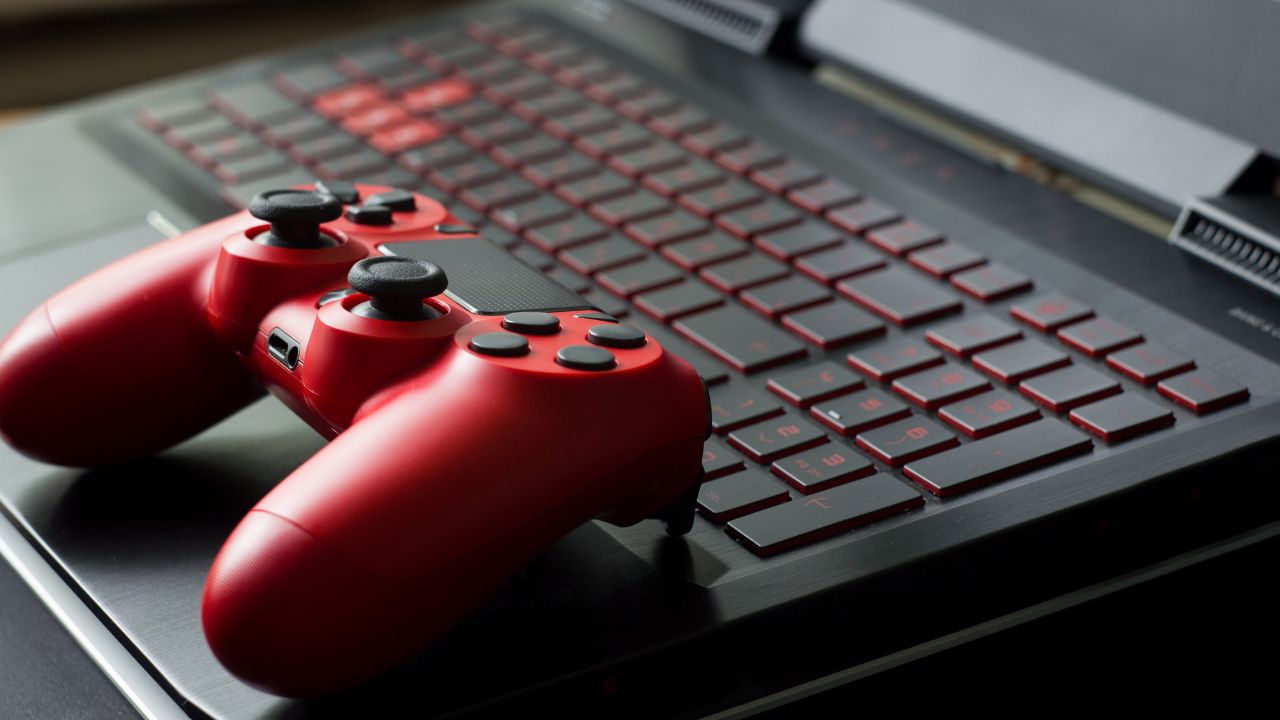Kayleigh shares articles on Society blog. She also blogs about her experiences in the workforce and how she set out to find a career she loved, which led her to work with an ethical employer. maemae believes that life is too short not to enjoy your job, and that there's no shame in pursuing a career you love!

Today, high-definition gaming and intense computational tasks are the norms, and our reliance on powerful portable computing devices has never been higher.
However, growing in this environment of demand for performance, the key component that powers our laptop- the battery, undergoes uncharted trials. Challenging these devices up to the maximum during games or the performance of critical tasks not only challenges the inner mettle of its processors but also stresses the batterie ordinateur msi to the max.
This article aims to shed light on the intricate relationship between high-end usage and battery degradation. So, let’s get started.
Understanding the Stress of High-Performance Tasks on Batteries
Laptops, particularly those fashioned for gaming, are engineering marvels capable of delivering impressive computational power. This prowess comes at a cost; sustained high-performance tasks such as gaming, video editing, or 3D rendering put a hefty demand on the system. The CPU and GPU work in overdrive, generating more heat and consuming more power. The immediate consequence is a rapid draining of the battery, but the implications run deeper, affecting battery health over time.
The Science of Strain
Batteries in laptops, predominantly lithium-ion, have a finite number of charge cycles. A “charge cycle” denotes the process of charging a battery from 0% to 100%, which decreases every time a battery is recharged. Frequent and intense discharging, as seen during extended gaming sessions, accelerates this wear and tear, reducing the overall lifespan of the battery.
Moreover, the heat generated by demanding tasks exacerbates this degradation. Heat is a battery’s adversary, accelerating chemical reactions within, thereby hastening capacity loss. Gaming laptops, although equipped with sophisticated cooling systems, still suffer from this thermal dilemma, especially when games are played for prolonged periods.
Practical Effects and User Experiences
For the avid gamer or the professional relying on powerful software, the depreciation in battery health over time is no trivial matter. Users might observe a tangible decline in battery performance — what once was hours of unplugged usability dwindles to mere minutes, necessitating frequent, if not constant, connection to a power source.
This degradation doesn’t just impact the convenience of using the laptop without being tethered to an outlet; it also affects the overall performance of the device. As battery health wanes, some systems may throttle performance in an attempt to conserve power, leading to decreased efficiency during the very tasks these machines were purposed for.
Mitigation and Management Strategies
While the wear on batteries is inevitable, certain practices can help manage and mitigate the rate of degradation:
- Cooling is Key: Utilize external cooling pads to help dissipate heat during intensive tasks, keeping both the CPU/GPU and battery cooler.
- Optimized Settings: Many laptops come with software that allows users to switch between performance modes. Opting for a more balanced or power-saving mode when not gaming can preserve battery life.
- Mindful Charging: As for the battery, avoid charging it fully or letting it deplete completely – over 80% is good for charging, while 40% is good for discharging. Avoid keeping the laptop plugged in at all times.
- Battery Checks: The battery’s condition can be checked through diagnostics that are built into the devices or by using battery-specific apps from other sources.
- Scheduled Breaks: Take breaks during gaming sessions to allow both the laptop and its battery to cool down, reducing overall stress.
The Way Forward
The nexus between high-performance computing and battery technology is a frontier of ongoing exploration. Advances in battery formulations and more energy-efficient hardware designs promise a future where high demand doesn’t markedly shorten battery life. Meanwhile, solid-state batteries loom on the horizon as potential game-changers, with their promise of higher power density and lower degradation rates.
In Conclusion
Engaging in gaming or other high-performance tasks on a laptop unequivocally affects its battery’s longevity. The stress of heavy workloads accelerates battery wear, presenting challenges in maintaining the device’s performance over its lifespan. However, through informed use and adopting strategies to mitigate stress on the battery, users can optimize their experience. As technology strides forward, there is hope that future innovations will ameliorate these concerns, pushing the boundaries of performance without compromising on durability.
